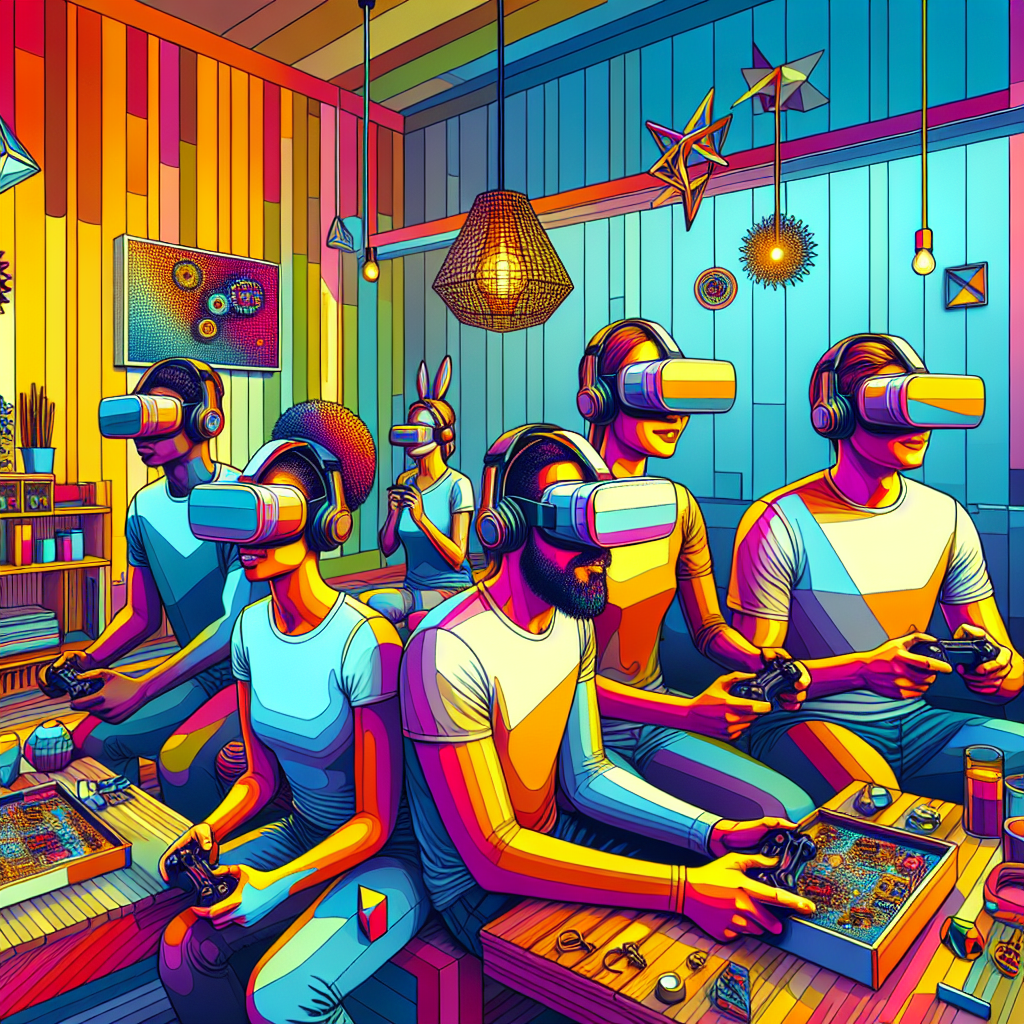In recent years, the question of whether **can gaming foster empathy** has sparked significant interest among researchers, educators, and gamers alike. Video games, often dismissed as mere entertainment, have evolved into complex narrative experiences that can profoundly impact players’ emotional and social skills.
### The Emotional Depth of Gaming Narratives
Many modern games feature intricate stories that delve into the human experience. Titles like “The Last of Us” and “Life is Strange” present players with moral dilemmas, character development, and emotional stakes that require them to step into the shoes of others. Through these immersive narratives, players can experience situations and emotions they may not encounter in their everyday lives. This emotional engagement is where the potential for empathy lies. When players connect with characters on a personal level, they often find themselves reflecting on their own values and beliefs, which can lead to a greater understanding of others.
### Social Interaction and Cooperative Gameplay
Another aspect of gaming that supports the idea of **can gaming foster empathy** is the social interaction that many games promote. Multiplayer games, particularly cooperative ones, require players to communicate, strategize, and often make sacrifices for the benefit of the team. These interactions can enhance players’ understanding of teamwork and the importance of considering others’ perspectives.
For instance, games like “Overcooked” and “Among Us” demand collaboration and communication, pushing players to empathize with their teammates’ feelings and frustrations. The shared experiences of success and failure can strengthen bonds and encourage players to be more considerate in their interactions, both in-game and in real life.


### Research and Case Studies
Studies have shown that playing narrative-driven games can lead to increased empathy in players. For example, a study conducted by the University of California, Irvine, found that players who engaged with emotionally rich narratives exhibited greater empathy towards others. Furthermore, research from the University of Kent indicated that playing prosocial games—those that promote helping behaviors—can enhance players’ willingness to engage in altruistic acts in real life.
However, it is essential to recognize that not all gaming experiences foster empathy. Games that promote violence or toxic behavior may have the opposite effect, leading to desensitization and reduced empathy. Therefore, the type of game matters significantly in determining whether **can gaming foster empathy**.
### Conclusion: The Future of Empathy in Gaming
As the gaming industry continues to grow, the potential for games to be used as tools for empathy development is becoming more apparent. Developers are increasingly aware of their responsibility to create content that not only entertains but also encourages emotional growth and social understanding. By focusing on narratives that promote empathy and designing cooperative gameplay experiences, the gaming community can harness the power of video games to foster a more empathetic society.
In conclusion, the answer to the question, **can gaming foster empathy**, is a resounding yes. Through emotional storytelling, social interaction, and supportive research findings, gaming can indeed serve as a powerful medium for enhancing empathy among players.
Some content and/or images on this page were created using AI.





